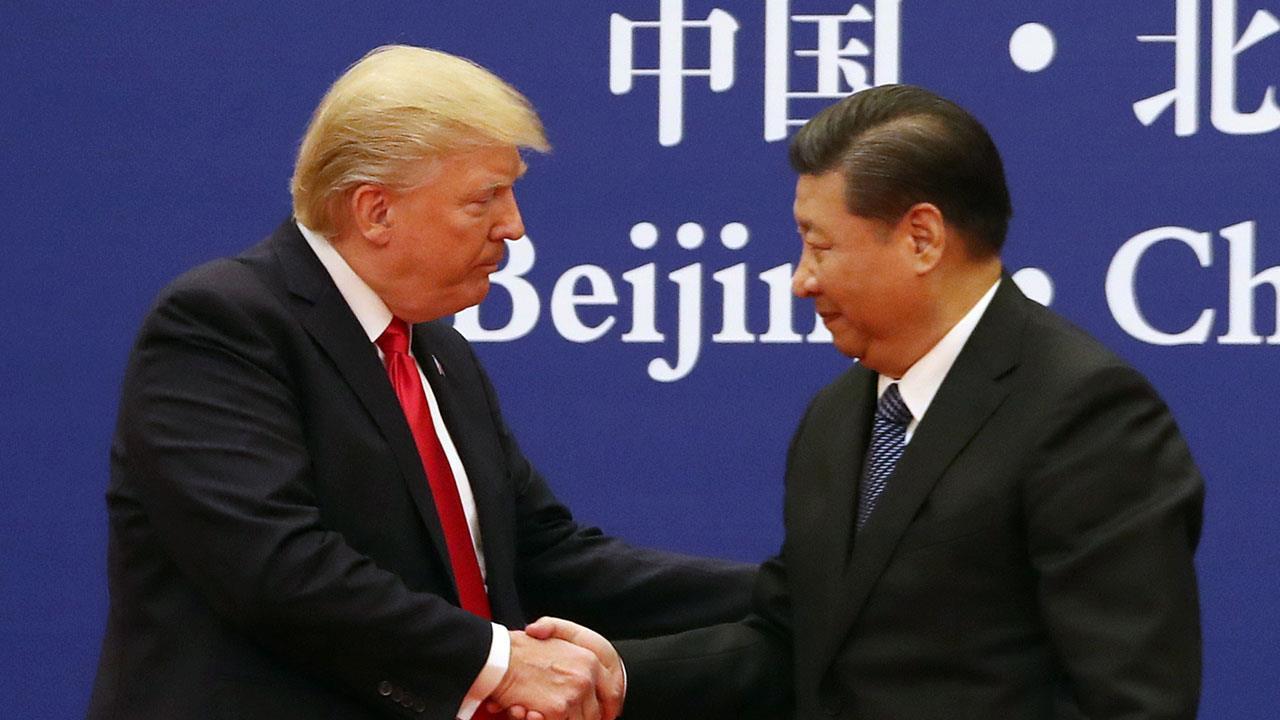Trump slams TPP as US re-entry prospects dim
Prospects of the U.S. re-joining the Trans-Pacific Partnership (TPP) dimmed this week, after President Donald Trump tweeted he didn’t like the current deal and an ambassador from Singapore expressed resistance to renegotiation.
National Economic Council Director Larry Kudlow late Tuesday said that while TPP countries, of which there are 11, would be willing to engage with the U.S. on re-entering the pact, Trump was not convinced on the merits of the accord.
The White House last week directed Kudlow to re-engage with TPP members, though Trump has clearly stated he would only agree to a renegotiated deal.
Meanwhile, the ambassador-at-large for Singapore’s Ministry of Foreign Affairs told CNBC that the remaining members of the accord don’t have “an appetite to re-open it for negotiation.”
Experts agree the prospects of U.S. entry appear dim.
“At this point the prospect of U.S. re-entry into the agreement appears remote,” Colin Grabow, a senior policy analyst at the Cato Institute’s Herbert A. Stiefel Center for Trade Policy Studies, told FOX Business. “President Trump continues to indicate that the agreement must be substantially re-worked before the United States can become a member, something current TPP members have expressed little appetite for.”
In March, the remaining 11 members of the accord agreed on new terms, which they have begun to ratify. The new deal took over a year to iron out, after the U.S. exited in January 2017 – on Trump’s first full weekday in the Oval Office.
Even if TPP members were open to allowing the U.S. to rejoin under new terms, Grabow said Congress – with 2018 midterm elections looming – could pose a domestic obstacle to re-entering the accord.
TPP members include Japan, Vietnam, Singapore, Canada and Australia. The deal was intended partly to safeguard against China’s rising economic dominance in Asia.
Trump’s interest in the TPP comes at a time when U.S. trade relations with China are deteriorating. While the White House has attempted to play down talk of a trade war, the tit-for-tat tariff escalation between the U.S. and China has left America’s business leaders concerned that they could suffer material harm from the loss of an important trading partner. The White House insists discussions with Beijing are ongoing.
Certain U.S. industries, including pharmaceuticals, manufacturing, agriculture and technology, would benefit from re-entry. The deal lowered trade barriers and spread Western-style regulation to TPP countries.




















